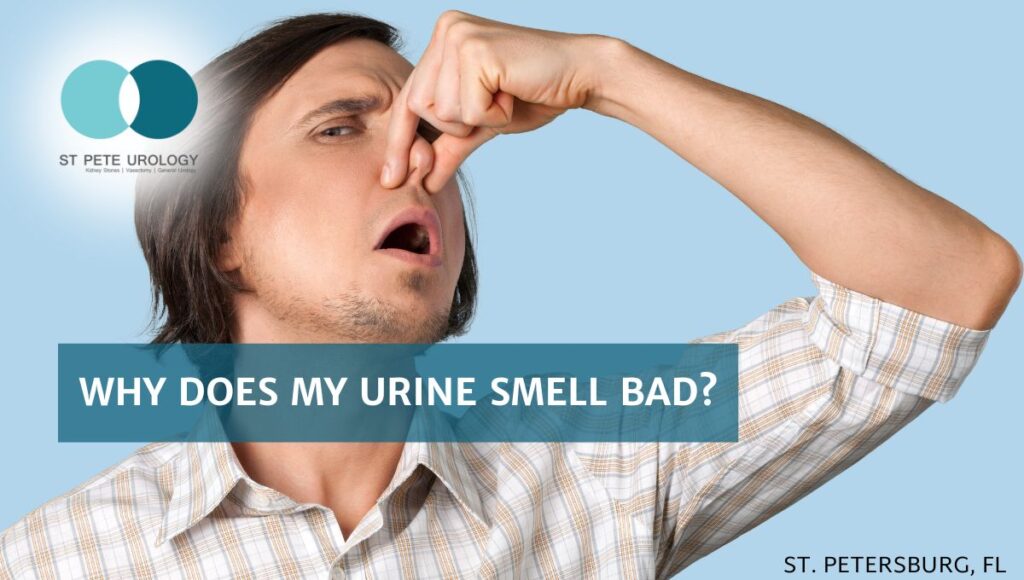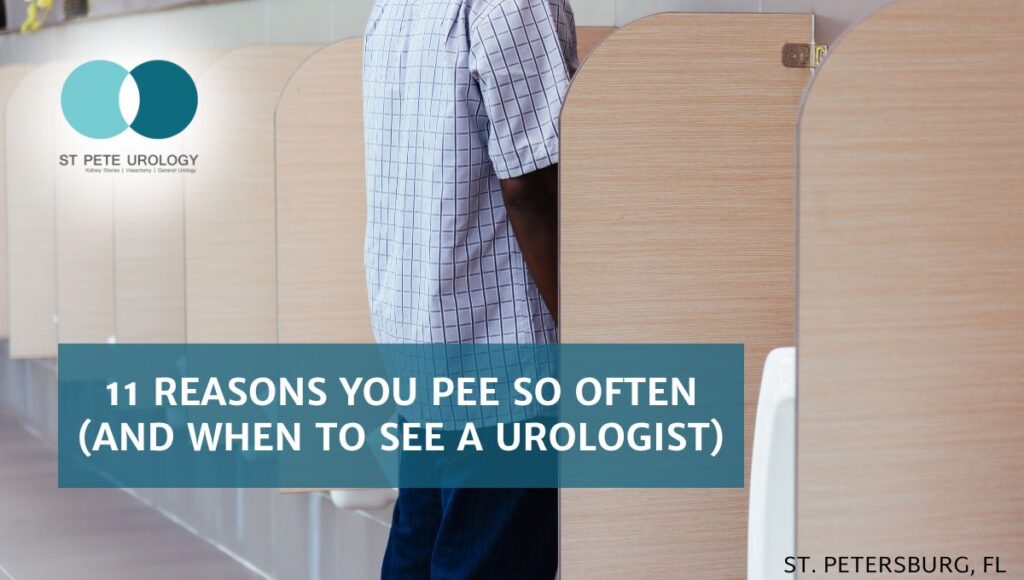3 Key Takeaways:
- Targeted pelvic floor therapy is a proven first step to reduce leakage.
- Urethral bulking injections offer a safe, outpatient alternative with solid success rates.
- Advanced surgery, including slings and sphincters, delivers lasting relief when conservative methods aren’t enough.
 Stress urinary incontinence treatments are essential for restoring confidence and improving the quality of life for individuals who experience involuntary urine leakage during activities such as sneezing, coughing, laughing, or exercising. While this condition is common, especially among women after childbirth or aging men post-prostate surgery, it is also highly treatable. In this post, we’ll explore proven treatment options—from conservative therapies to minimally invasive and surgical solutions—available at St Pete Urology for patients in the St. Petersburg area.
Stress urinary incontinence treatments are essential for restoring confidence and improving the quality of life for individuals who experience involuntary urine leakage during activities such as sneezing, coughing, laughing, or exercising. While this condition is common, especially among women after childbirth or aging men post-prostate surgery, it is also highly treatable. In this post, we’ll explore proven treatment options—from conservative therapies to minimally invasive and surgical solutions—available at St Pete Urology for patients in the St. Petersburg area.
Pelvic Floor Physical Therapy in St. Petersburg
Pelvic floor physical therapy (PFPT) is often the first line of treatment for stress urinary incontinence (SUI). This non-invasive approach focuses on strengthening the pelvic muscles that support the bladder and control urination.
At St Pete Urology, we collaborate with specialized pelvic health physical therapists to develop customized programs for each patient. The therapy typically involves:
- Kegel exercises guided by biofeedback
- Bladder training techniques to build control
- Lifestyle adjustments including hydration strategies and weight management
A clinical review found that women who participated in PFPT for 12 weeks experienced a 50%–70% reduction in leakage episodes.
This treatment is ideal for patients seeking a natural, low-risk approach and can be especially effective when initiated early after symptom onset.
Minimally Invasive: Urethral Bulking Agents
When pelvic floor therapy is not sufficient or not preferred, urethral bulking agents provide a simple, minimally invasive alternative. This procedure involves injecting a bulking substance around the urethra to help it close more effectively during physical activity.
Benefits of urethral bulking therapy:
- Quick outpatient procedure – often completed in under 30 minutes
- No general anesthesia required
- Low downtime – most patients resume normal activities within a day
Commonly used agents include Macroplastique® and Bulkamid®, both FDA-approved and associated with good short-term outcomes. Studies report 40–60% symptom improvement, especially among patients with mild to moderate SUI.
Urethral bulking is also a great option for patients who may not be ideal candidates for surgery due to age or underlying health conditions.
Surgical Relief: Slings, Sphincters, and What to Expect
When conservative and minimally invasive treatments fail, surgery becomes the most effective long-term option. Surgical interventions for stress urinary incontinence aim to provide structural support to the urethra, restoring normal function.
Common surgical treatments include:
- Midurethral sling (for women): A mesh sling is placed under the urethra to support it during activity.
- Pubovaginal sling: Uses a patient’s own tissue or donor graft for support.
- Artificial urinary sphincter (AUS): Most commonly used in men, especially after prostate surgery, to replicate sphincter control.
Patient FAQs:
- Is mesh used in slings safe? Yes, modern slings use low-risk synthetic mesh that is considered safe when placed by an experienced urologist.
- How long does it take to recover? Recovery from sling procedures typically takes 2 to 6 weeks, with most patients returning to regular activities within that period.
- Is surgery a permanent fix? Surgical treatments often offer long-term relief, but outcomes depend on individual health factors and compliance with post-op care.
At St Pete Urology, we provide a thorough evaluation to determine the best surgical approach tailored to your lifestyle, goals, and anatomy.
Conclusion
Stress urinary incontinence doesn’t have to disrupt your daily life. With a range of effective treatments—from personalized pelvic floor therapy and minimally invasive urethral bulking to advanced surgical solutions—St Pete Urology is here to help you regain control and confidence. We’re proud to serve patients in St. Petersburg and surrounding areas with compassionate, evidence-based care.
Take the first step today—schedule a consultation with our experienced team to discuss the treatment option that’s right for you.
References:
- American Urological Association. (n.d.). Stress urinary incontinence (SUI) guideline. https://www.auanet.org/guidelines-and-quality/guidelines/stress-urinary-incontinence-(sui)-guideline
- Mayo Clinic. (n.d.). Urinary incontinence. https://www.mayoclinic.org/diseases-conditions/urinary-incontinence/symptoms-causes/syc-20352808
- National Institute of Diabetes and Digestive and Kidney Diseases. (n.d.). Urinary incontinence in women. https://www.niddk.nih.gov/health-information/urologic-diseases/urinary-incontinence-women
- U.S. National Library of Medicine. (n.d.). Urethral bulking injections. https://medlineplus.gov/ency/article/007374.htm





